More like this...
Taipan20110124 Commodore 64 game
Tai Pan sets sail as the officially licensed money-making quest game inspired by James Clavell's narrative during the bustling 19th century in the eastern seaways. The player assumes the role of Dirk Struan, a determined merchant aspiring to achieve Tai Pan status through legal or illegal means. However, this highly anticipated game has sparked mixed reactions among reviewers.
The first reviewer, P.S., expresses disappointment in Tai Pan. The music is criticized for being repetitive, the graphics deemed uninspiring, and the gameplay considered less engaging. Navigating through Chinese towns with limited activities like buying, selling, and facing death creates a sense of monotony. The controls are easy to master, but the overall lack of substance in the game leaves the player questioning the worth of spending time on it.
J.R., the second reviewer, also shares a less-than-enthusiastic view of Tai Pan. Despite months of anticipation, the game fails to live up to expectations. While the concept of the game holds promise, the execution falls short. The towns become indistinguishable, and sailing between ports becomes a tedious task. The reviewer highlights the dullness of the fighting sequences and the shallowness of the trading element. Ultimately, Tai Pan, in its current state, lacks the entertainment value proportional to its price.
On the gameplay side, Tai Pan unfolds across flick-screen backdrops, requiring the player, as Dirk Struan, to navigate through various Chinese towns. Starting penniless, Dirk secures a loan in Canton to purchase a ship, choosing between a smuggling lorcha or a superior clipper. Crew recruitment involves selecting between mercenaries or press-ganged labor, with the latter posing risks of mutiny. The vessel is then loaded with valuable items for trading, and the player encounters various challenges, such as smugglers peddling dangerous contraband.
In many trading locations, Dirk can engage in activities like gambling on mythical beast races, visiting a brothel or inn, and encountering other urban delights. The game involves strategic decision-making, as players must manage resources, avoid gaol, and navigate the seas between ports. The economic aspect includes trading goods like maps, compasses, telescopes, sextants, foodstuffs, tea, jade, and silk.
Contrastingly, the second part of this amalgamated review turns the attention to another game, Pi. This game introduces a novel puzzle concept with a unique presentation. The gameplay involves controlling Storm, a character affected by wheels with various effects, requiring logical thinking and manual dexterity. The puzzle elements revolve around assembling formulae to restore Storm's intellect, and the game is praised for its execution, graphics, and atmospheric sound.
Pi presents a different gaming experience, capturing the reviewer's attention with its original gameplay. While the action may become repetitive over time, the game maintains a lasting appeal, providing entertainment through its novel puzzle mechanics. The overall score reflects the game's success in delivering a unique and engaging experience to players.
Game category: Commodore 64 games
Recently played
![retaliate 2[ex] Commodore 64 game](https://www.gamesclips.com/images/game_placeholder.png)




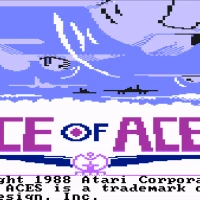
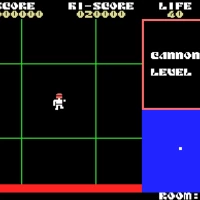
![Antarctic Adventure [Nandemo SCC] MSX game](https://www.gamesclips.com/gameImages/9603.webp)
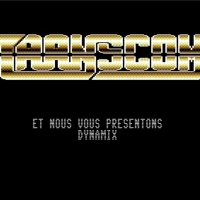
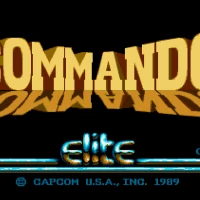
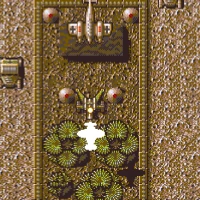
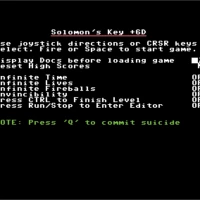

Comments